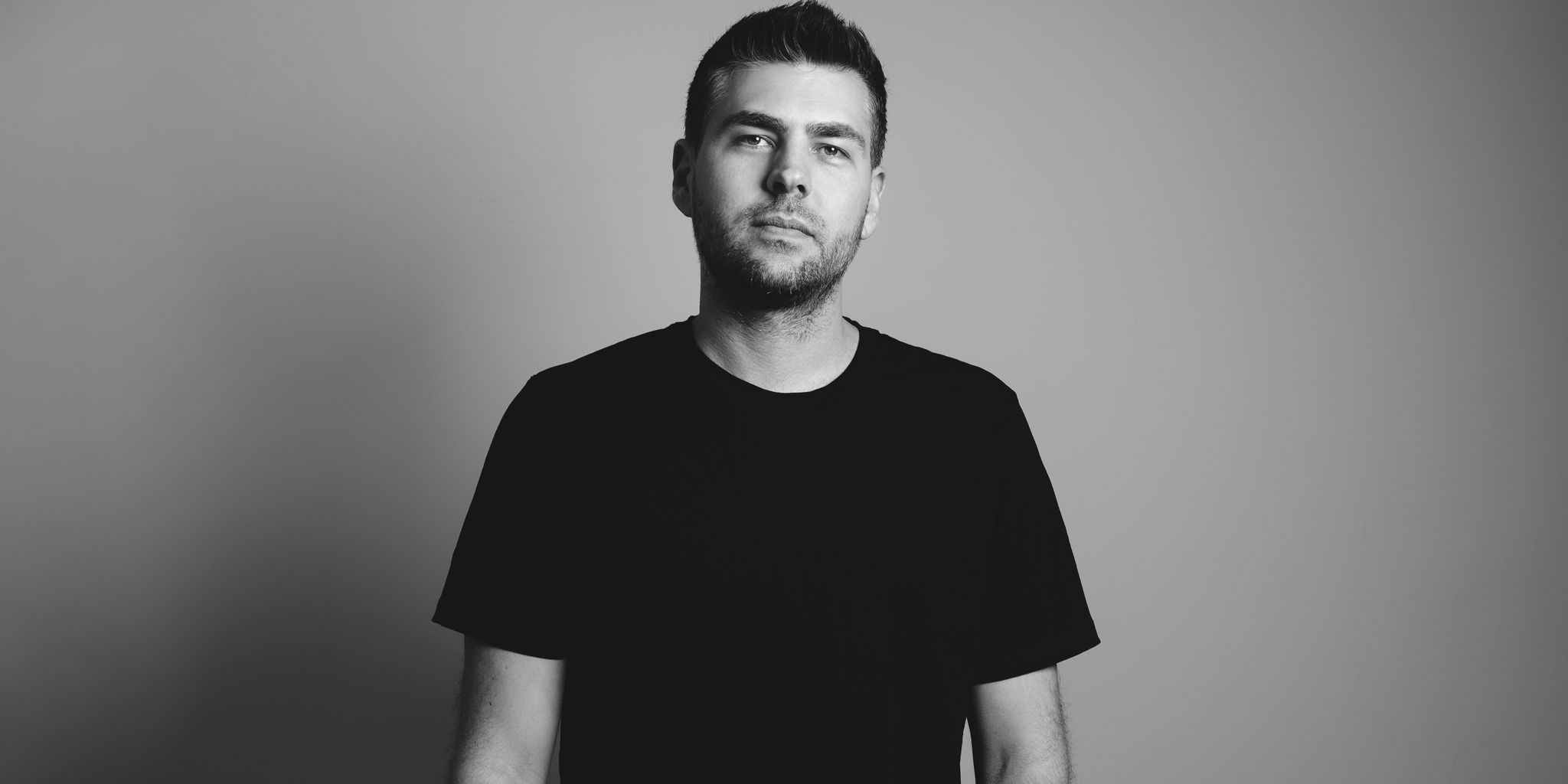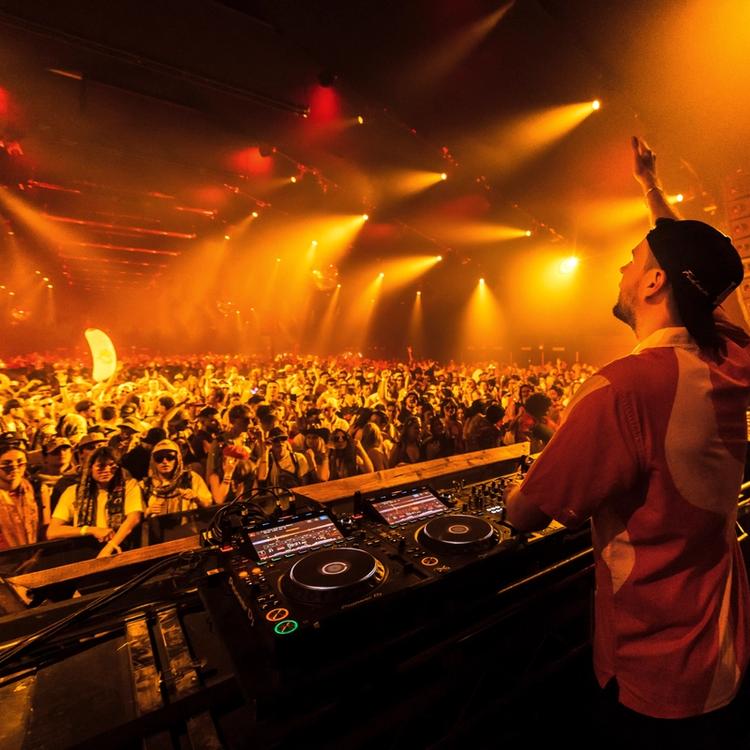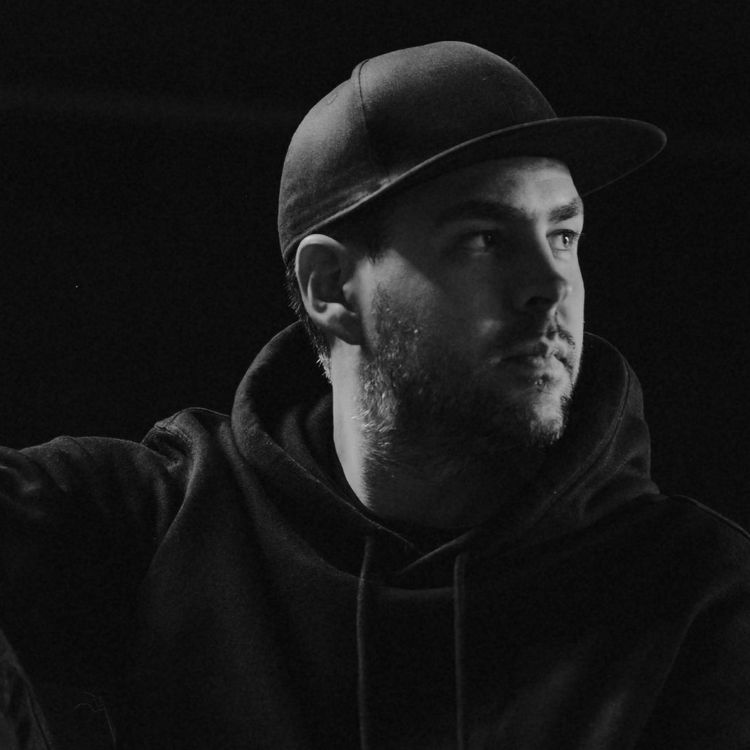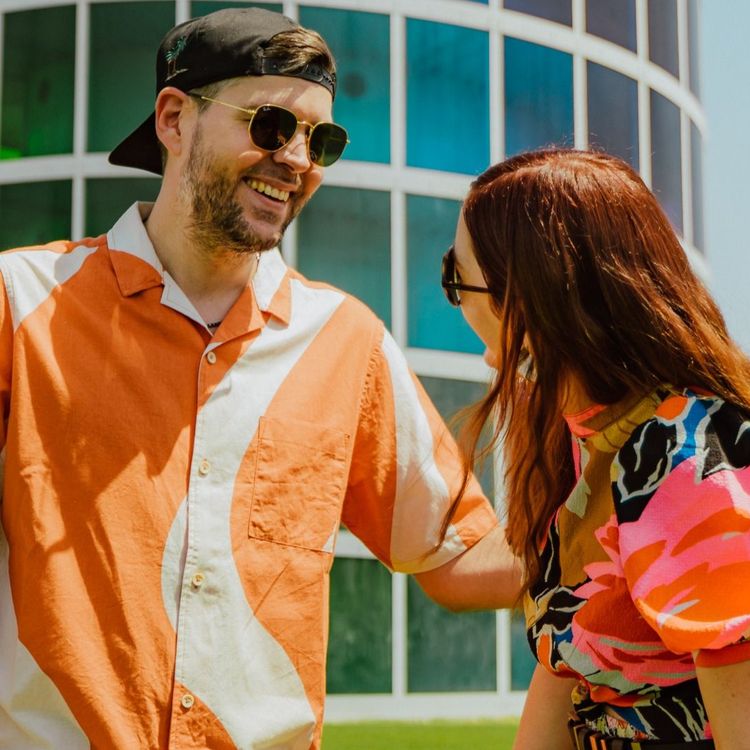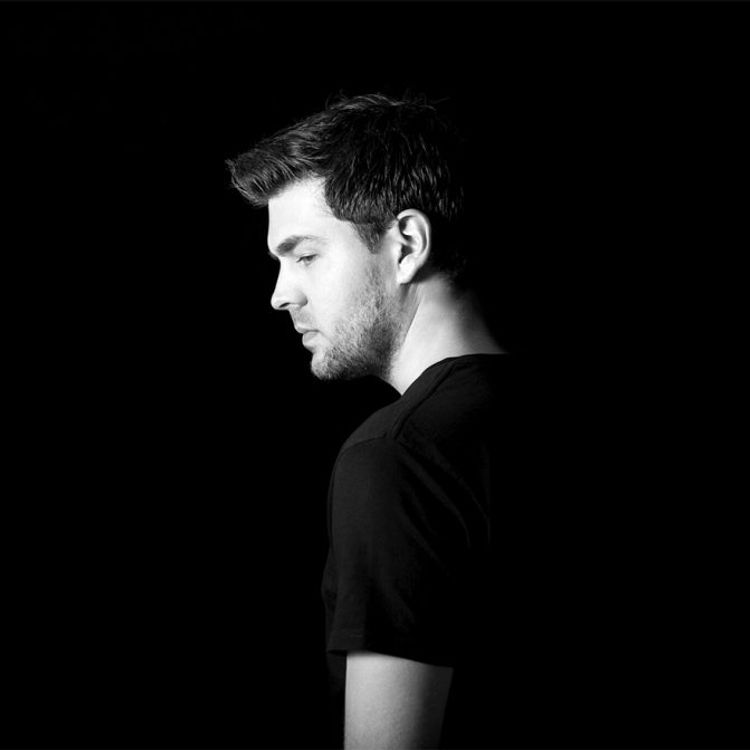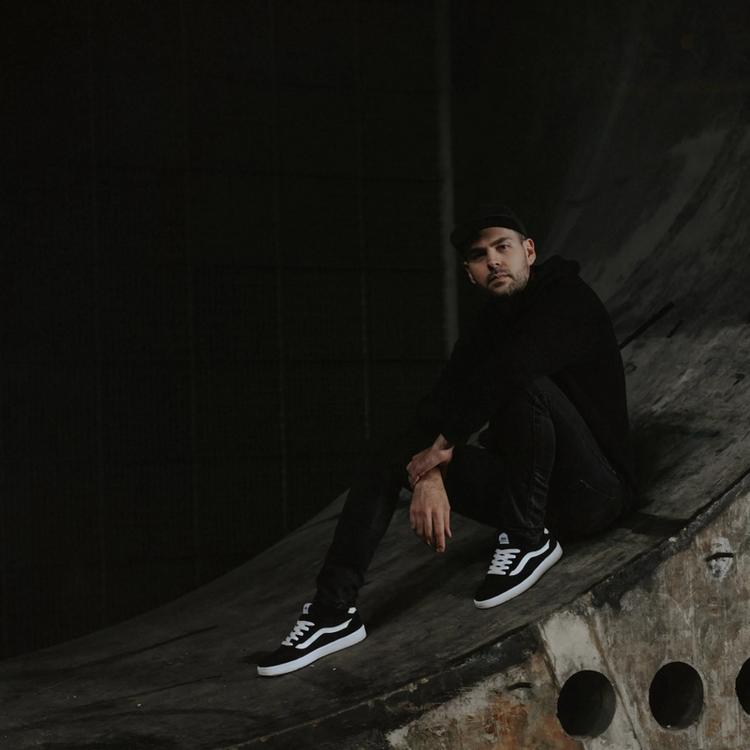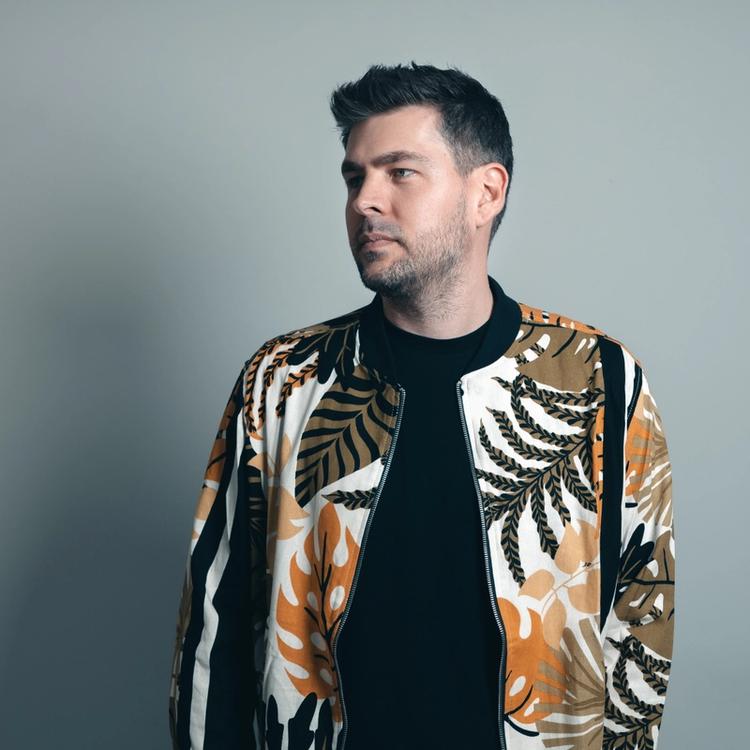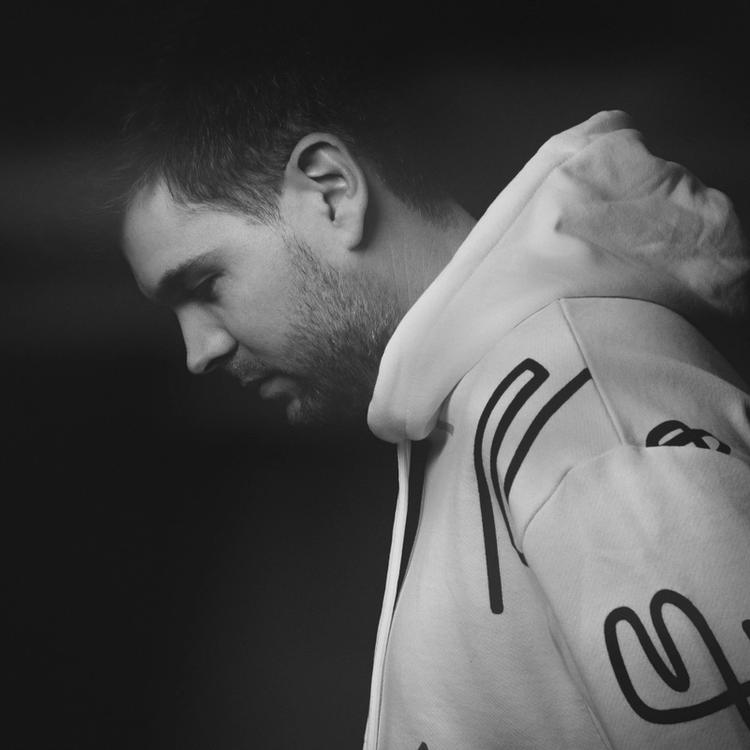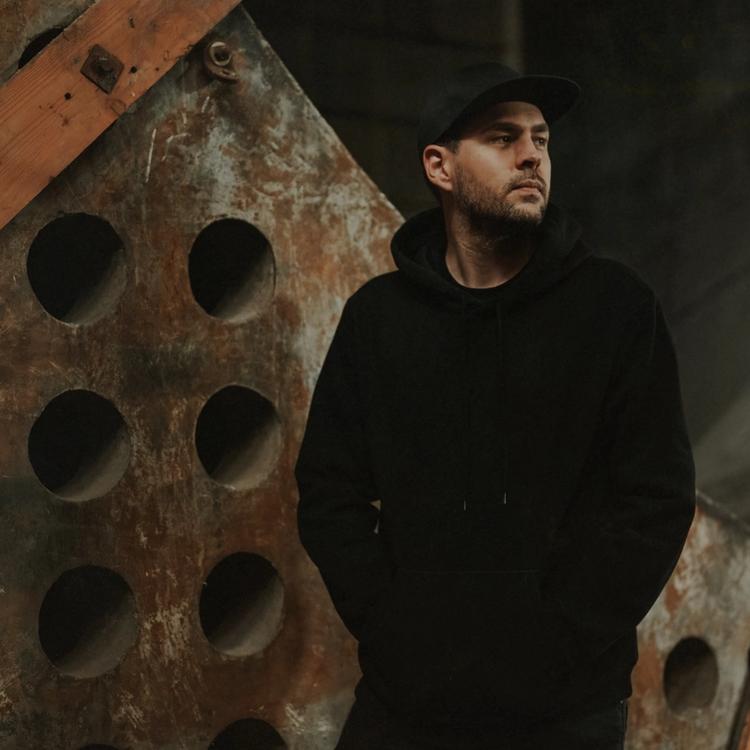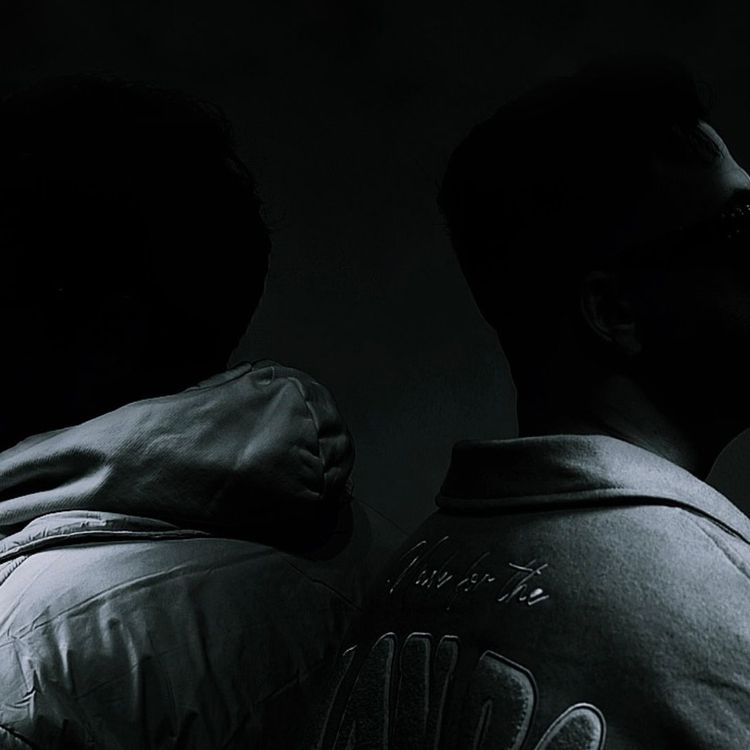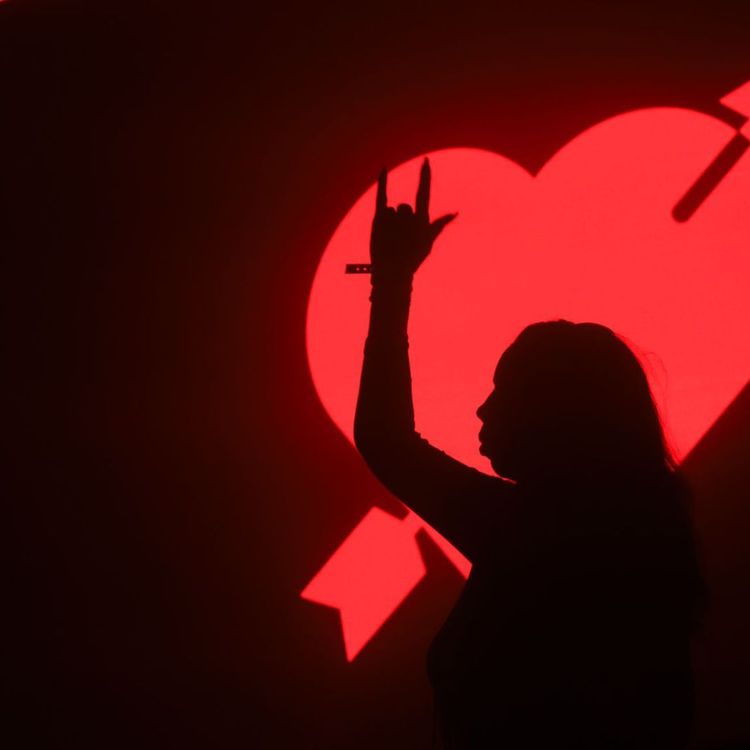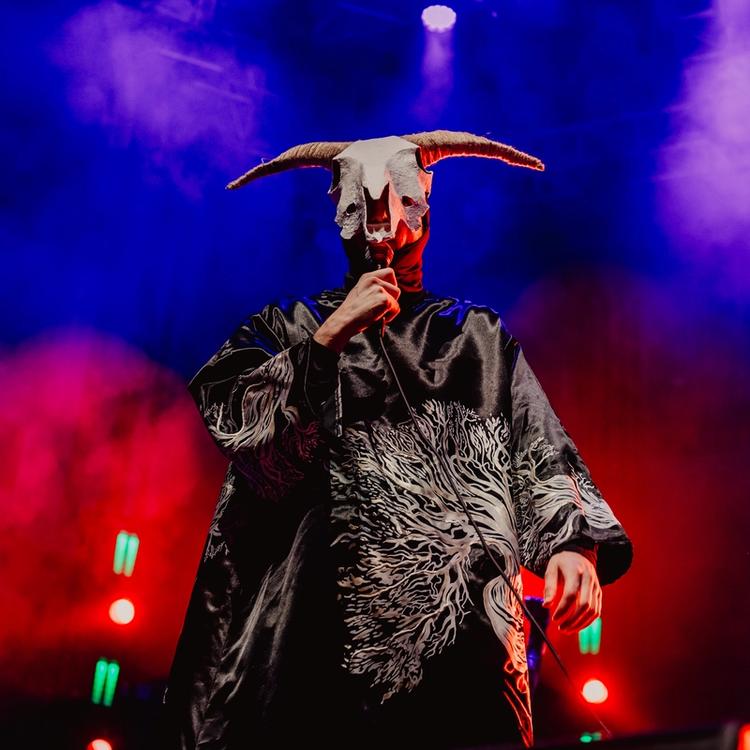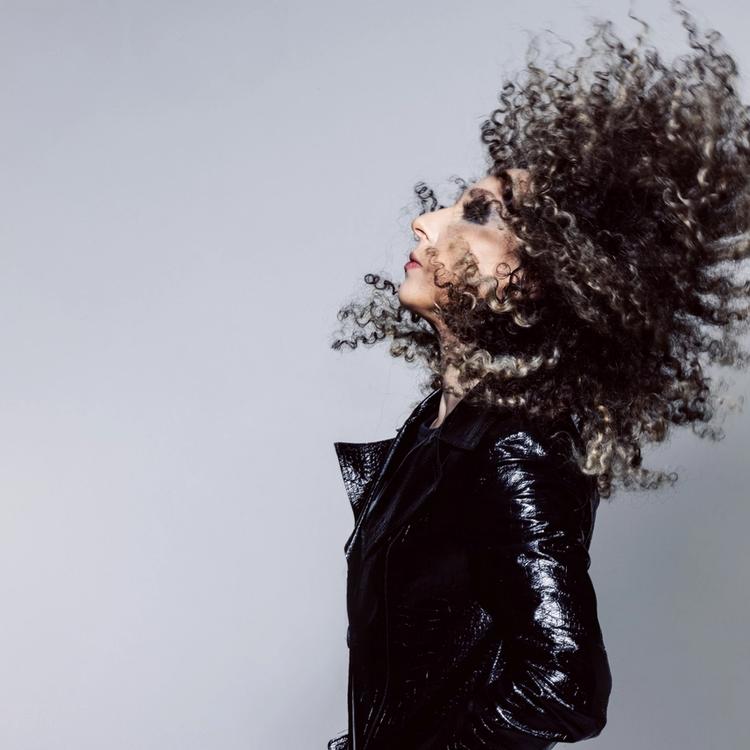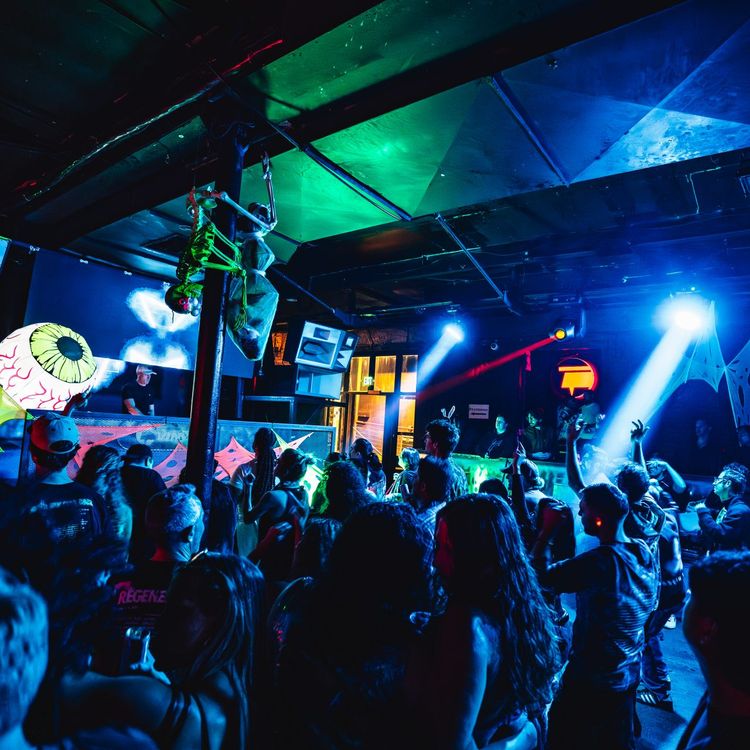[Interview] Kyle Watson on Making Music the Family Business, Coachella, and Crafting His Sound
Kyle Watson has captivated the dancefloor for the last decade with wonky, slippery, soulful, bass-forward house music. He’s expressed a unique ability to seamlessly blend playful party starters with dark, sometimes emotional, house music with slick sound design and rich soul-swallowing basslines.
Watson’s music goes beyond trend-setting, existing in a world of its own. It’s why artists like Chris Lake, Diplo, and Gorgon City turn to him when they want something that gives dancefloors those blissful WTF moments. It’s also contributed to the success of Box Of Cats, the label he co-founded with a cast of fellow fidget house castaways, Marc Spence, Wongo, Jeff Doubleu, Jak Z, and Tom EQ. Collectively, they’ve curated a catalog of wonderfully left-of-center music, tossing aside paint-by-numbers tech house in favor of weird and wonky beats from artists like The Sponges, Basura Boyz, and Sacha Robotti, who also ascribe to the idea that they should create their own lane.
In 2022 he wrapped a year of landmark gigs that included CRSSD and a Brooklyn Mirage debut with his My Machines tour. He reimagined the most compelling pieces of his 15-year catalog into a unique audio-visual experience. Beyond curating extended sets that solely featured his music, he also created the visuals—Watson’s former day job was in video and motion graphics.
Watson sees 2023 as a year of change and upward trajectory. In March, he dropped “Kick Drums.” The stuttering club heater is the first track for his newly-minted label, No Context. And in April, he checked an item off his DJ bucket list with his Coachella debut.
We chatted with Watson over a video call about the foundations of his groundbreaking sound, how his wife helped solidify his music career, and what he hopes to achieve with his new label.
Looking back at your catalog, I saw releases on old fidget house labels like Potty Mouth. You’ve had a prolific output of music the entire time you’ve been doing this. How long did it take you to land on this distinct sound that you have?
It’s crazy that you bring up Potty Mouth and that whole era because when I talk to people now, that doesn’t even come up. I started releasing music around 2007. And at the time, fidget house was coming up. People were making music that was so weird. [I thought] “I want to make music like this.”
That was where everything started for me. When you think about how the music got to where it is today, your starting point was the busyness and the weirdness, and the wobbliness. And the interesting approach to drums as opposed to straight-up samples. And the mangling of things, changing the feel and Lo-Fi of everything. I think those have stayed as central drivers for me and my production. Those are still elements that I try and keep in the music today.

Kyle Watson Weekend 1 at Coachella 2023
Brian Ngo Photos
I want to go back even further to talk about your dad, who was in the music industry and was the one that got you into production. What did your dad do in the music industry?
He did everything. He started out playing in a band when he was at school and went through university, and then he did a few musical projects—public performance stuff. And then, he started a record label, he started a publishing company, opened up recording studios. That was what he did for most of my life. So the introduction to music production software just came from him. He went to go and meet with one of his contacts [at a] music store, and he was like, “Hey, Kyle’s been playing piano for a while. Maybe, you’ve got something that he can mess around with.” And it was like a piece of software that was pre-made loops. I made records with that software for years. It just never got boring.
Your dad seems like he served as a mentor to you as well.
Yeah, he still is. His arc, being in the industry, starting in a band, and then going and opening up a successful recording studio and running a successful record label and everything. It’s kind of crazy because here I am. Starting out playing the piano, going into music production, two months ago starting a record label with my wife. You know, it’s a very similar kind of arc.
Since you mentioned the record label, you already have Box of Cats, which is this landmark, really fun, and groundbreaking label. What are you doing differently with No Context? Why did you decide to start something that’s a little bit more Kyle Watson?
That’s a good question. Box of Cats initially started as this crazy combination of six dudes’ musical tastes. We’re not finding the music that we all like [with] the influences from back in the day. We were talking about Potty Mouth. We all came from that era. So we decided to do a free record label that was never intended to [have] an income model. It just grew, picked up, people started really enjoying it. And that’s when we took it on to Beatport and started doing merch and stuff. But that was very much multiple people involved, multiple tastes.
Starting a record label that’s a little bit more tailored to my tastes as an artist is something that I’ve been meaning to do for a while. I posted up a clip of “Kick Drums” (which was the first release) back in October. I was like. “maybe I should find a home for this record.” And so many people came in and [said] self-release it. That was almost like the catalyst to get it kicked off the ground. It’s great because I run it with my wife. I’m not very good at the organizational side of things. I’m very good at being a procrastinator, and she is the opposite. She’s super efficient. She gets stuff done. She keeps on top of everything. So it’s quite nice that we’re a team in this venture.
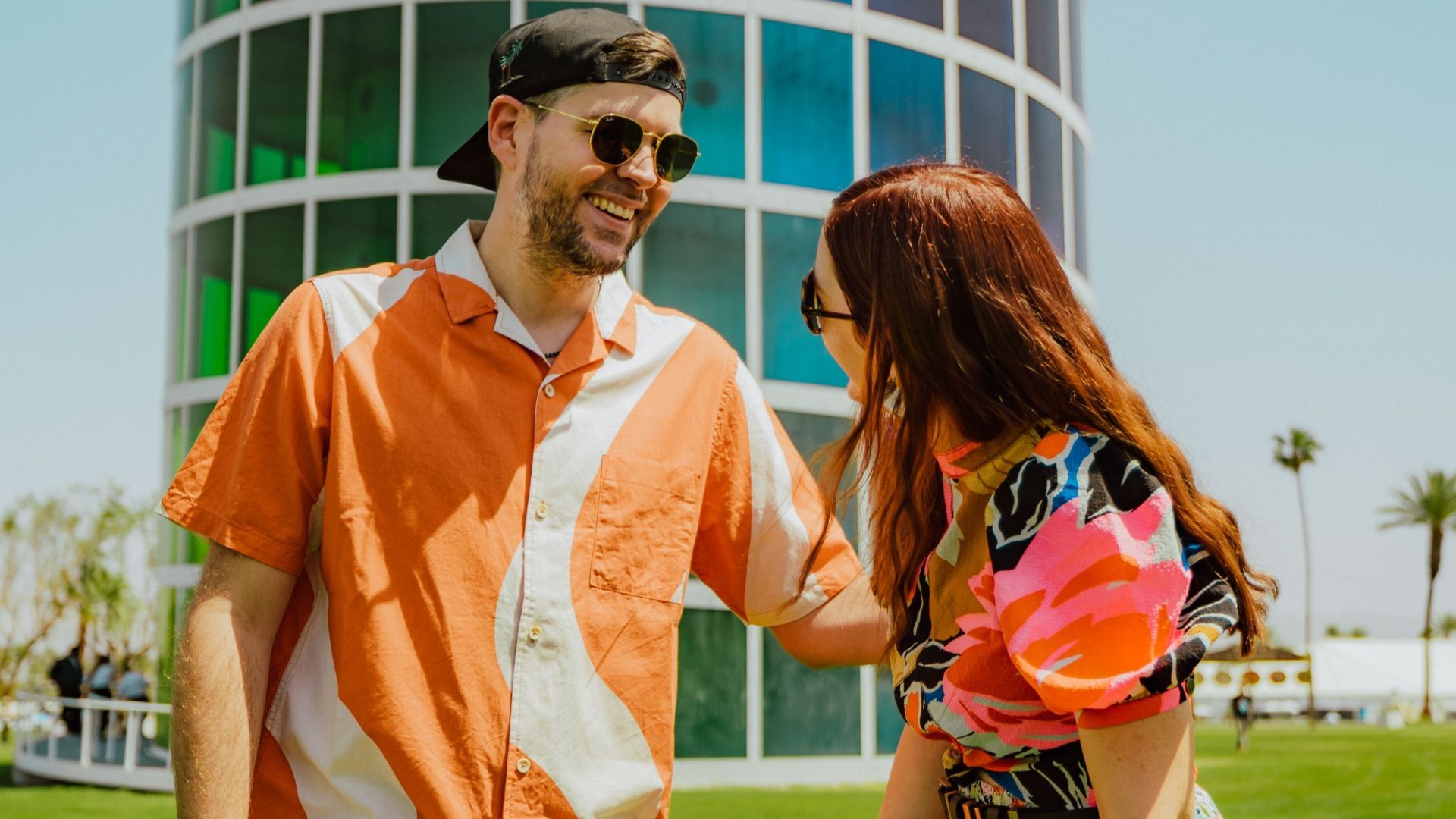
Kyle Watson and his wife Tash at Coachella 2023
Brian Ngo
You’re also at the point in your career where you can do this, and it can be effective. But also, you get to work with your wife, who I know has seen you through the entire evolution of your musical path.
She’s one of the reasons why I’m in this position today, to be honest. This is a very difficult career. For the people around you, it’s not easy when you’re touring, and you’re away, you’ve missed things, you’re not always available, in different time zones. It’s very taxing on people and on relationships in general.
In 2006, I met Tash, my wife, for the first time. I was just playing around with music at the time. I never had any end goal of being a DJ, or being a music producer. I knew I enjoyed writing music. I played her some of my music, and her brother was a DJ at the time in South Africa. He had a connection to two guys who had a record label there. And my first releases came from that. And it all just built up from there. So right from the beginning of my career, she’s been there. [She’s] core to everything.
So did she go with you to Coachella?
Of course, she did. No way she was gonna miss that.
Yuma has the most relevant people in house and techno. So how was it to not just play there but also play early and have a full tent?
We really walked in there not knowing if it was going to be amazing or if it was gonna be like, you know, 150 people. It was ridiculous. We went in the first weekend before the doors were open [and] we saw it completely empty, lights on and everything. And we were like, damn, this is a big room. You need a lot of people in a 2 pm set on a Friday to make this feel nice and beefy. Went into the room 10 minutes before my set started, and I think there were probably like 4000 people in there already. Chris Stussy was playing. I think within 15 minutes or so, they [were] closing the doors because they got all 6000 people in the tent, and they couldn’t get any more in. I mean, I knew it was gonna be good. I didn’t think I was gonna be that good. What an experience! And to do it twice and have the same result was just mind-blowing.
So, last year, you went on your My Machines Tour. The tour was a full circle moment for you because you brought together a 15-year library of music and something else that you do, which is motion animation. How did you get into that? And what was it like to bring those two things together for the tour?
I actually studied that at university. So I’ve got a degree in that. And up until July 2021, I had a job doing that. It really helps, for me, because I’m able to make my own show visuals. We had someone come on to design the actual elements. I turned the elements into those visuals that we played on the tour.
When I lived in South Africa, my home club that I played is called Truth. We did the first My Machines there. And it was really cool. You know, it was the town I’d grown up in and played in for ten years. So, a lot of the music people knew, even if it came out in 2010.
[In The States] It was different because I was bringing this to a country where [I] only started touring in 2018. Maybe a lot of people didn’t know the music before then. So it’s risky to dig into your catalog and play something from 2013. Without the context of it, it sounds really weird, right? So I ended up doing a bunch of edits and flips. It was really fun to play those shows and watch people react in ways I didn’t think they would, to tracks I thought they maybe wouldn’t have even known.
You were at kind of an advantage to do it after the pandemic too. Because you have a bunch of new ravers that just discovered dance music, who had never been anywhere before, so they’re all coming out. Crowds are just more willing for DJs to take risks and play those weird records.
I was having this discussion with someone just earlier this morning. I think you can get away with a lot more now: different tempos, different genres. If I look at some of the biggest acts that are playing now on my Instagram, they’ll be playing vocal tech house, and then all of a sudden, the next slide, they’re playing dubstep. And then flip through, like slide six, there’s a drum and bass track. And then in between, it’s like, all tech house. I think people are just going off for it all. So I think that that’s hyper-exciting. There’s nothing better than taking a risk in front of a crowd and everyone being up for that experience.
